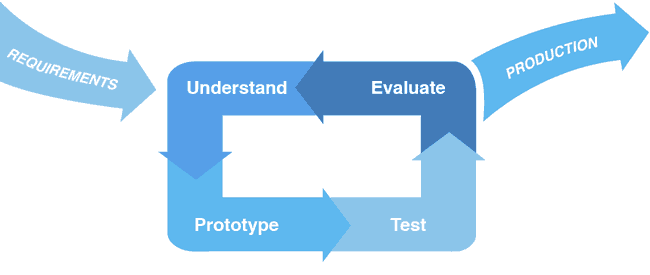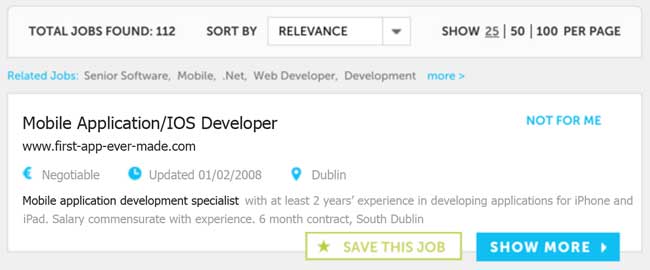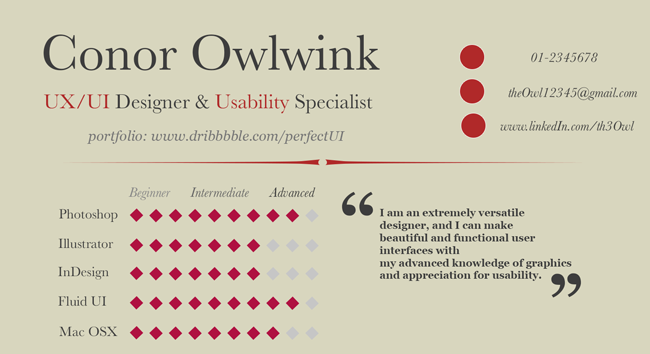If I was a reporter on a 24/7 news channel I would opine that the UX profession is in crisis and that we should all take heed. A new way of working is taking hold at companies all around the world as they realise that their antiquated approaches to listening and responding to user needs are being usurped by faster moving and more user-focused competitors. Some are realising and reacting, hiring in UX talent (to varying degrees of success). Others are quickly being rendered obsolete.

At the same time, the UX industry is suffering it’s own growing pains as it comes of age. A growth in demand for experienced UX practitioners is creating an emperor’s new clothes moment. Misunderstanding around budgets and expertise are causing frustrations on both sides of the hiring divide. Companies looking to rediscover their user-focused roots at a larger scale are frustrating the same UX practitioners that they are trying to hire. Their values and corporate culture don’t match the agility and user focus needed to deliver products quickly to market.
A growth in demand for experienced UX practitioners is creating an emperor’s new clothes moment.
These companies are not going to solve this problem on their own. And it’s simply not acceptable for us to be frustrated about not finding the right UX person for the job. Here’s why.
Many years ago (early 2008 to be exact), I saw an ad for a mobile app developer. It went something like this:
iOS developer with 2+ years of development experience. Salary commensurate with experience.
I was overjoyed that a whole new profession was being born - the mobile app developer. New jobs meant new design challenges, new development skills to master and more than anything else, new excitement.

There was just one problem. The first iPhone had only been released 6 months previously. It wasn’t humanly possible to have the experience needed to apply for the job yet. Someone with little or no domain expertise (in this case, a HR person) took a template job spec, updated a few words and sent it out to the world. Management thought they were forward thinking. Developers thought they were short sighted. HR just never understood what was going on in the first place.
Jobs are being created and the people placing the positions don’t have the necessary experience to understand and hire correctly.
A similar shift is happening in UX. People in companies with no UX function often understand UX to be “someone who does wireframes” or “someone who is a glorified graphic designer and still reports to marketing”.
Jobs are being created and the people placing the positions don’t have the necessary experience to understand and hire correctly. We should be helping them. But we are not.
Just because nobody complains doesn’t mean all parachutes are perfect - Benny Hill
Designers aren’t helping either. It’s easy to ‘pretend’ to be a UX designer. Put a few extra words on your CV, get interviewed by someone who does not have the domain expertise needed to correctly judge what skills are important, and voilà - a better paying job.

It’s no wonder graphic designers are adding UX to their CV and portfolio - it’s what the market is crying out for. If I was suitably creative, I would be doing it too. There is no doubt that UX roles are the most in demand design positions right now.
A common joke here in Ireland goes:
Q: “What’s the difference between a UI designer and a UX designer?”
A: “About €20k a year.”
I intend nothing negative in writing this way. Designers are very well placed to take on these broader product responsibilities. User experience stems from the understanding that functionality, combined with a pretty interface isn’t enough any more. UX encompasses many graphic design skills, along with a great number of other skills as well. We must be prepared to listen to and teach those among us who fail to understand what it is we do. We cant add those frustrations to our own, there is no question about it.

If UX specialists are frustrated at times, then a positive approach, not a negative one is required. It’s not the job of your co-workers to understand your profession in depth (if they did, you wouldn’t be needed). To create beautiful experiences, we must first teach ourselves, then teach those around us, then deliver that learning to our users.
In order for others to buy into UX thinking, we need to make it clear how our work provides value to others. Don’t make your co-workers and clients guess how you can help them reach their own goals. Show them directly. - Catriona Cornett inspireUX.com
Regardless of whether we search our deepest reserves for patience or pray reverently for the enlightenment of others, we must face this challenge in the same way. First, we must look at ourselves and remember our core values. Our cumulative knowledge and experience is invaluable. We must guide the direction of those around us towards understanding.
Do not ascribe to malice that which can be adequately explained by ignorance - Hanlon’s razor.
Our chosen weapons to ensure victory must be patience and perseverance. We must learn, improve, clarify and develop the UX approach. Only then can we educate those around us. They don’t have the expertise. How could they? Why should they? They aren’t expected to have it.
UX is a movement focused on creating a better quality of life for people who use products.
Let’s get to work.